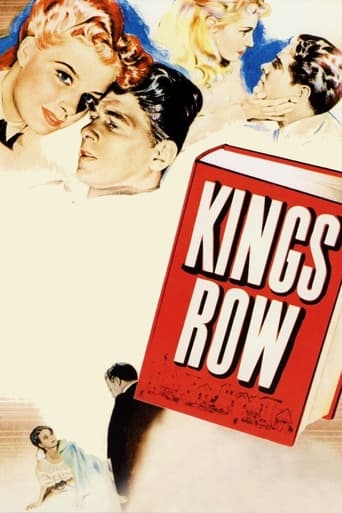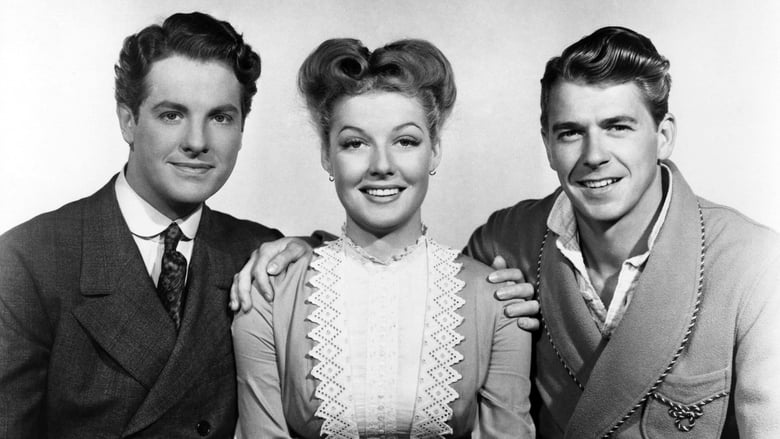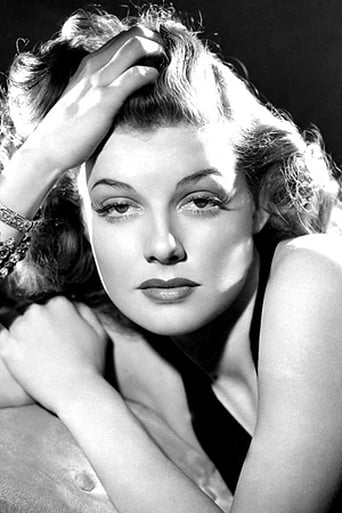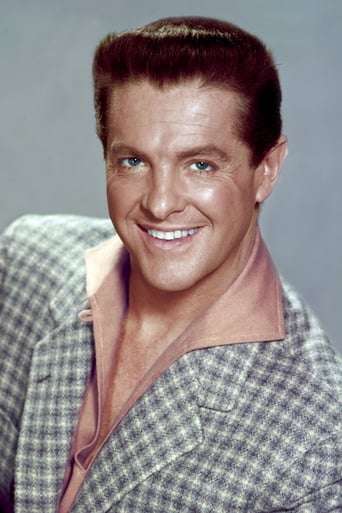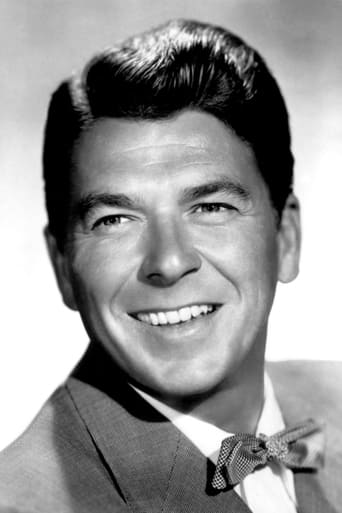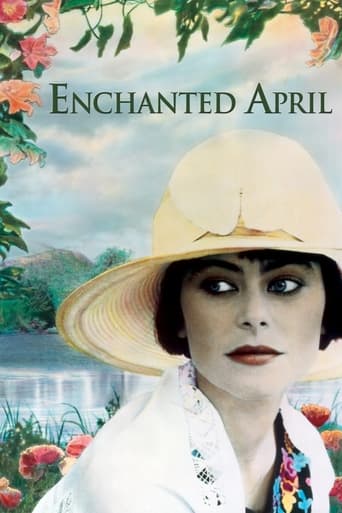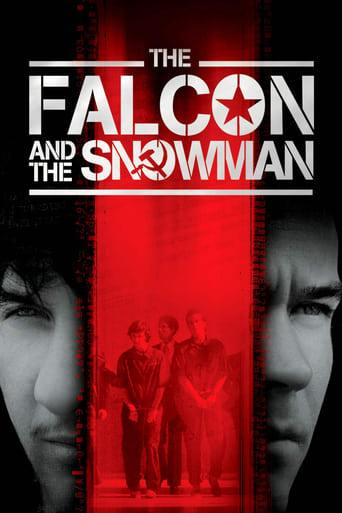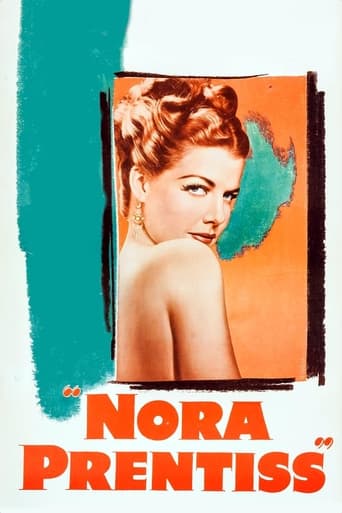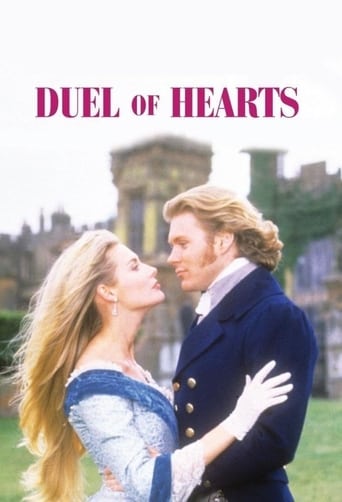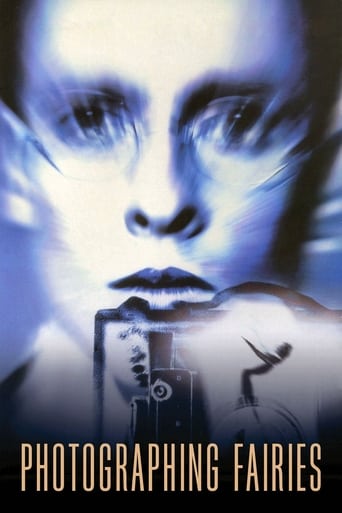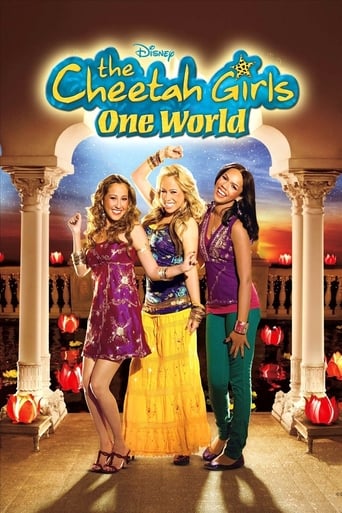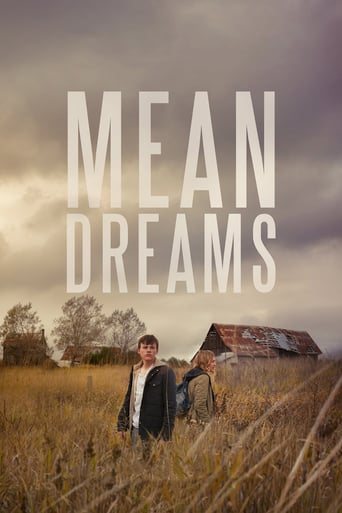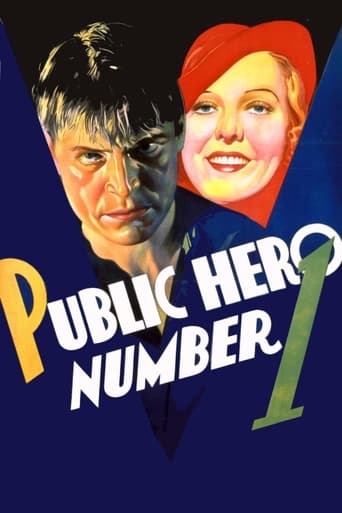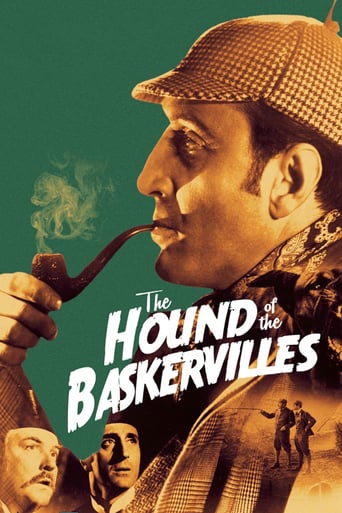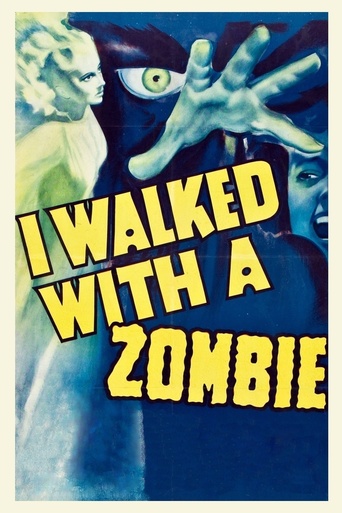Kings Row (1942)
Five young adults in a small American town face the revelations of secrets that threaten to ruin their hopes and dreams.
Watch Trailer
Cast


Similar titles
Reviews
Good story, Not enough for a whole film
As somebody who had not heard any of this before, it became a curious phenomenon to sit and watch a film and slowly have the realities begin to click into place.
Let me be very fair here, this is not the best movie in my opinion. But, this movie is fun, it has purpose and is very enjoyable to watch.
The story, direction, characters, and writing/dialogue is akin to taking a tranquilizer shot to the neck, but everything else was so well done.
The story takes place in a small town at the turn of the 20th century and centers on the relationship between two friends, Drake (Ronald Reagan) and Parris (Robert Cummings), and their lives and loves from early childhood to young adulthood. There is enough turgid melodrama here to satisfy any soap opera fan.Given its cast, a score by Eric Krongold, and cinematography by James Wong Howe, I was hoping for more. I found Robert Cummings to be weak, always effecting the demeanor of an eager Boy Scout; he always seemed to be just reciting lines, without any real feeling. This was particularly true in one of his final scenes where he took it upon himself to recite the first two stanzas of "Invictus," coming across as a middle school student rushing through memorized lines. After saying that he couldn't remember all the words, he recited the first two stanzas word for word, but then did not even recite the most famous final lines:I the master of my fate:I am the captain of my soul.Parris' final words to Drake had a miraculous effect, in the literal meaning of "miraculous." Unbelievable, actually. At the other end of the acting spectrum I thought Claude Rains was very believable in the role of a psychologically tortured medical doctor. Between the bad and good of Cummings and Rains the other actors did well enough, except the child actors were a bit stilted. In the time since this movie was made the quality of child actors as advanced dramatically.Released in 1942 this is prototypical of movie-making of the time, which may make it worth watching for film history buffs. The acting styles are dated--millennials will have a hard time with this, being astonished by its lack of realism and its deus ex machina ending. A quote that will have modern audiences reeling was when Drake's wife told him, "Of course you'd have to tell me everything to do, I'm only a woman." I did not detect any tone of irony in her delivery of this line. I found the Korngold score repetitive and intrusive, common features of scores for 40s movies.Given the world situation at the time this was released (shortly after Pearl Harbor) I imagine audiences at the time felt it was oddly irrelevant. On the DVD is an extra that has the United States Marine Band playing several rousing tunes, starting with the Marines' Hymn--this segment was filmed in 1942 and I suspect that it might have been commonly shown along with "Kings Row."
This is a picture about a typical, happy, small American town of 1900. There is murder, madness, premarital coitus, suicide, double amputations, poverty, alcohol abuse, and first-degree snobbery.Cummings and his best friend Ronald Reagan are young men in King's Row. Cummings is a bit on the earnest side, while Reagan is blithe and carefree. Both, we can tell at once, are good men and true friends. They live on "Union Street", full of mansions, while the other side of town is "below the railroad tracks." Ideas about propriety and convention stifle attempts at social change.It has the qualities of an epic novel that veers from triumph to tragedy on a precise schedule, rather like the railroad trains. It's like, oh, "Peyton Place" or "The Young Philadelphians." Paths cross and cross-cross. Characters come and go, but mostly go.I'd compare it to something like "Gone With the Wind" too, except that there's no menace in the offing like a Civil War. I'd like to compare it to "The Brothers Karamazov" but it's not so finely observed. It just sort of rolls along of its own weight and covers so much territory that it's not uninteresting.The plot, briefly: Cummings loses his first love, goes to Vienna, and returns as a psychiatrist. Reagan loses his first love, then loses his legs, then finds another love, Ann Sheridan, but he can't get over the fact that he's now only half a man. Fortunately, after some hesitation, Cummings cures him in about thirty seconds.Cummings looks boyish and effete throughout but isn't embarrassing. None of the performances are embarrassing. Reagan has a meaty role and does well by it. Sheridan is the blunt and practical love of Reagan's post-operative existence and she's pretty good.On the whole, I find these sprawling melodramas to be fatuous but this one is no worse than many others and better than some. The direction is efficient and the photography is in lustrous black and white.The musical score is by Eric Wolfgang Korngold and it helps the movie immeasurably. Those first four portentous notes of the main theme, like the opening of Beethoven's fifth -- except different notes, of course. I speak to you as your expert on this subject because I once audited a course in piano. Not to be immodest, but, yes, musical genius runs in my family. People came from yards around to hear my grandfather play the baritone horn in a German marching band.At any rate, this is worth seeing. You get to see Ronald Reagan, future president of the United States, waking up, looking stunned, and shouting "WHERE'S THE REST OF ME!"
Many people have already written reviews of this notable film, so I'll skip the plot summary. Most of the reviews are extremely positive. I'm afraid I can't be as laudatory, though I did enjoy the movie and it prompted me to write this.There are some really fine acting performances. Unlike some, I like Robert Cummings. Yes, he is a bit "one note" as someone wrote, but I think that makes sense. Cummings has accurately portrayed a believable personality. Yes, I agree that Ronald Reagan was excellent. He almost becomes the lead role, and that's part of the problem with this movie. Ann Sheridan I would just say was good, not excellent. She does not deserve to have top billing in this movie. Maybe she was the best known star of the three main actors at that time, and she was given top billing for that reason. Betty Field as Cassandra was good, but overacted a bit in a difficult role. Claude Rains was excellent, as usual.Two other actors deserve mention, even though they had lesser roles. I thought that the actress who played Louise (Nancy Coleman) was very convincing. And I thought the performance of Henry Davenport as Skeffington was remarkable. He really seemed to be a completely authentic lawyer from the 1890s. It's hard to believe that that was someone acting.The basic situation and plot were intriguing. Sounds like the novel would be a good read. But the movie disappoints in several ways.First, it is disjointed. Too many scenes happen quickly or end abruptly. For example, there is a scene about half way through where Parris and Duke are reading a journal of Dr. Tower, soon after someone important dies (don't want to get too specific here). Suddenly Parris says, "but I'm tired." Duke immediately jumps up and says "I'll get the light." He blows it out and they leave. That's just unreal. It's too abrupt. It's jarring. This sort of thing happens again and again.Second, a major love interest of one of the main characters is introduced with only about 20 minutes to go. That is very awkward and off-putting. A veritable Deus ex machina.Third, the movie builds up a major romance and conflict between Parris and Cassandra, only to have it suddenly resolved barely half way into the movie (again, don't want to get too specific). Really, the movie should have ended there. It's as if it were really two movies, parts I and II. It would have been better as two.Fourth, the character of Randy, played by Ann Sheridan, is very briefly in the beginning of the movie as a child, then abruptly (there's that word again) reappears about half way through the movie and becomes a major character.Fifth, comparatively minor but still jarring, the actresses playing Cassandra (Field) and Randy (Sheridan) looked amazingly alike. Maybe it would not have been so in color, but in black and white, I was astonished when Sheridan abruptly appeared in the middle of the movie and seemed to be Cassandra! Was this planned by the director? So I appreciate the basic story. It's very creative. I appreciate the fine acting. But with so many flaws, I can rate it no higher than 7.henry
Warner Bros. KINGS ROW (1942) is ,without doubt, one of Hollywood's most enduring and best loved cinema classics from its Golden Age! Produced by Hal Wallis it was crisply photographed by ace Cinematographer James Wong Howe in glorious black & white and contains one of the finest musical scores ever wedded to a film soundtrack. Also, like his work on "Gone With The Wind" Production Designer William Cameron Menzies brought the small town setting of KINGS ROW to vivid life and director Sam Wood ensured Menzies approach was adhered to with his stylish direction.Based on the controversial novel by Henry Bellamann it is quiet astonishing that KINGS ROW ever went before the cameras at all! The story revolves around three children growing into adulthood in a small American mid - western town just before the turn of the 20th century and their exposure to all manner of human excesses, frailties and shortcomings. The book is peppered with a plethora of taboo subjects (especially for the forties) such as nymphomania, incest, insanity, sadism, and homosexuality. But brilliant screen writer Casey Robinson ("Now Voyager") managed, by some miracle, to skillfully skirt around these problems, defuse and avoid any elaborations and viewing the finished film it is difficult to decipher any of the character weaknesses Bellamann wrote about.The cast is reasonably good! Top billed is the lovely Ann Sheridan as the feisty and endearing Randy Monaghan. It is her finest performance and the best film she ever did! Surprisingly the usually wooden Ronald Reagan turns in a more than passable performance as the somewhat carefree ladies man Drake McHugh. And he is most convincing in the startling scene where he awakens to discover both his legs have been amputated and screaming repeatedly "WHERE'S THE REST OF ME?" (a line the actor would use later for the title of his autobiography in 1965). The weakest link in the cast is Robert Cummings (borrowed from Universal) as the leading protagonist Parris Mitchell! His one note performance reduces the character to nothing more than an uninteresting over prim and prissy bore. Cummings retains nothing of the likable personality already established early in the picture by the delightful portrayal of child actor the ill-fated Scotty Beckett as the young Parris. Excellent too is Claude Rains as Dr. Towers and Parris' mentor, Betty Field as his deranged daughter, Charles Coburn as the sadistic doctor, the great Russian actress Maria Ouspenskaya as Parris' grandmother and her good friend Col. Skeffington played by the always likable Harry Davenport ("When she passes ...how much passes with her?....a whole way of life, a way of gentleness... of dignity and honour. These things are going and they may never come back to this world".) A prophetic observation no doubt!One of the great strengths of KINGS ROW is the outstanding operatic music score composed and conducted by the great Viennese composer Erich Wolfgang Korngold. Korngold's genius as a motion picture composer was not limited only to scoring action spectaculars like "The Adventures Of Robin Hood (1938) and "The Sea Hawk" (1940) for he could, with no difficulty, underscore such character driven dramas as "Between Two Worlds" (1944), "Deception" (1946) and KINGS ROW with equal aplomb! Besides "The Sea Hawk" KINGS ROW is his finest achievement and of his 18 scores was his own personal favourite! His leitmotific approach to scoring could often be quite stunning and never more so than with KINGS ROW . The score is just chock-a-block with exquisite themes! Heard first under the titles is the powerful main theme. Brimming with bravura brass fanfares the music is decidedly heroic! The composer hadn't yet viewed the film when the magnificent piece was first conceived. And thinking the story concerned historical royalty because of its title imbued the theme with a distinctive monarchical flavour. However when he saw the script and learnt the film was set in small-town USA he offered to change it but Hal Wallis liked it so much he persuaded the composer to retain the piece and a blessing it is too. Heard in different guises throughout the picture it is particularly engaging as a scherzo variation near the film's opening as the young Parris Mitchell and Cassandra Towers skip home by the river after school. Other superb cues are the poignant theme for the grandmother, the melancholy music for Cassie's ill attended birthday party, the frolicsome variation of the main theme for the children playing on the rings in Elroy's Icehouse, the ravishing theme for Randy and the Finale music - a reiteration of the main theme - which bursts forth upon us near the end but this time with a mixed chorus intoning a line from W. E. Henley's poem "Invictus" - I AM THE MASTER OF MY FATE - I AM THE CAPTAIN OF MY SOUL. A marvellous soulful and uplifting finish to a marvellous film! KINGS ROW - a work of cinematic art! "Now...if you turn your face to that wall!"An interesting footnote:It is notable that Korngold's main theme from KINGS ROW was used for both of Ronald Reagan's inaugurations!

